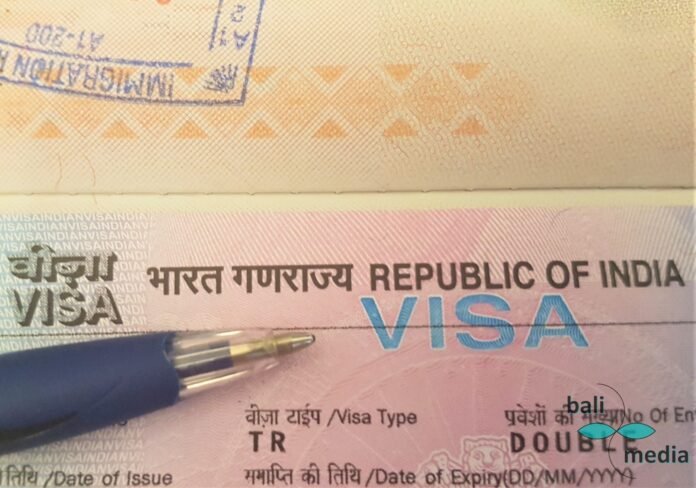There are certain points that you should keep in mind before you decide to make use of Indian Visa Customer Support. These include the following:
Documents required for completing an e-Visa application
Applicants are required to submit a number of documents in order to complete an Indian Visa application online. The requirements will differ from one type of e-Visa to the next. For instance, the requirements for an e-Tourist Visa will be different from the requirements for an e-Medical Visa.
Applicants can apply for an e-Visa by using a computer, a tablet or a smartphone. These are available for international travelers who want to travel to India for business, leisure or medical purposes. Once these are approved, applicants can enter the country through any Immigration Check Post.
Before submitting an application, e-Visa applicants should check if their passport is valid for at least six months from the date of arrival. If it is not, they should make sure that they have sufficient blank visa pages. This can be done by checking the information page in their passport.
Fees are non-refundable
If you apply for an Indian visa online, you will need to pay the Visa fee. However, you will not be able to get a refund if the visa is rejected. The Indian Consulate will not refund the fees.
The Indian government has stated that the visa fee is not refundable. This is because it is non-transferable and not extendable. Also, the Consular fee is not refundable.
There are certain exceptions. These include medical treatment, conference attendance, and short term yoga programs. All of these are valid for international travelers who are traveling to India for a short period of time for the sole purpose of visiting the country.
You can pay your visa fee by debit card, credit card, or pre-paid Visa. Payments may take a few hours to process. Once you are done with the payment, you will be able to schedule an appointment for your visa interview.
Wait at least 180 days before making inquiries about status of administrative processing
If you are planning a trip to India, you may want to consider waiting at least 180 days before asking about the status of your Indian Visa Application Online. Not only will you avoid missing your flight, but you’ll have a better chance of obtaining your visa.
One of the most common questions from people who are in the know is how long it will take to process your application. You might be surprised to learn that it is not uncommon for the Department of State to take a year or more to review your application and issue your passport. The department’s processing times can vary from country to country.
While you are waiting for the state to process your application, you can use your time wisely by comparing airfare, hotels, and other travel essentials. For example, you should find out if you can take advantage of expedited visa services.
e-Visa has 5 sub-categories
E-Visa is a digital authorization which permits a person to travel to India. A person can visit the country for tourism, business and medical treatment. This visa is available for a period of one year.
e-Visa can be applied online, and the application process is quick and hassle-free. You can apply anywhere between 4 days to 120 days prior to your arrival. The fee is non-refundable.
The fee is charged based on the country of residence and territorial country. Applicants must submit their photographs. They also need to provide details on the company they work for.
Before applying for an e-Visa, make sure that all of the information is accurate and correct. If there is a discrepancy in any of the documents, photos or personal information, the application will be rejected.
Unaccompanied minors are considered unaccompanied minors
Unaccompanied minors are foreign children under the age of 18 who do not have a legal guardian in the United States. In some cases, they may seek asylum. Other times, they are housed in short-term shelters, and later transferred to longer-term foster care. These programs aim to reunite the children with their sponsors.
The immigration process can be intimidating for an adult, but unaccompanied minors can be even more so. For example, they don’t receive an attorney to represent them in the immigration proceedings.
The most important thing is that unaccompanied minors are not banned from traveling. However, certain countries have restrictions on this. One example is Afghanistan.
There are several laws governing the travel of unaccompanied minors. Some states prohibit lodging or reservations by unaccompanied minors. Others require that minors carry travel documents.













